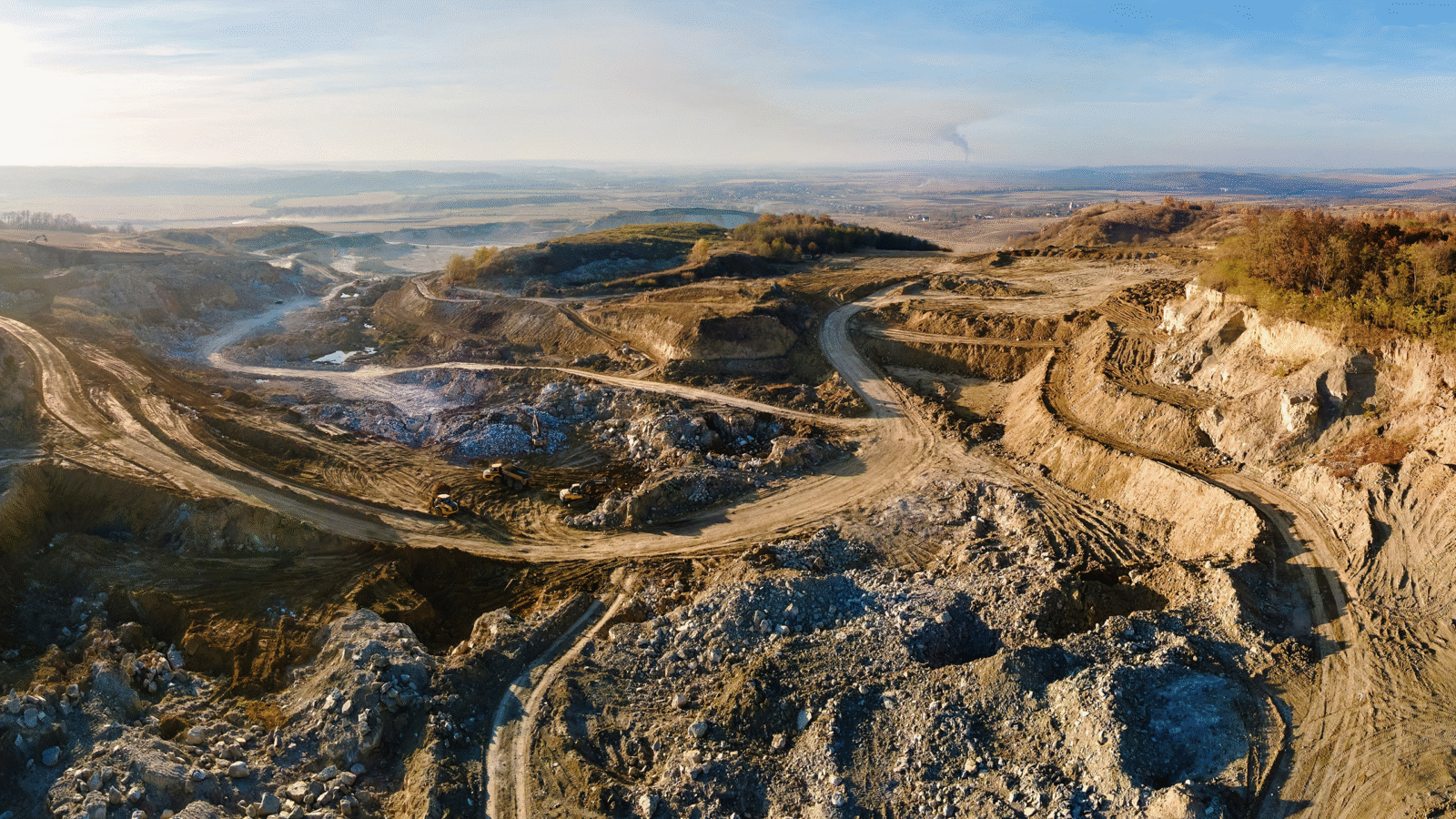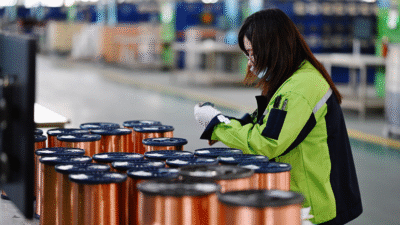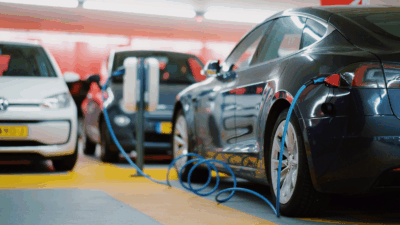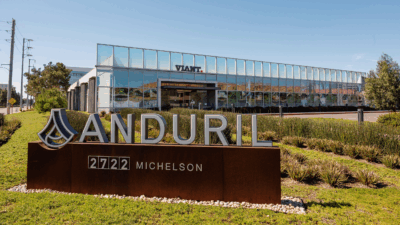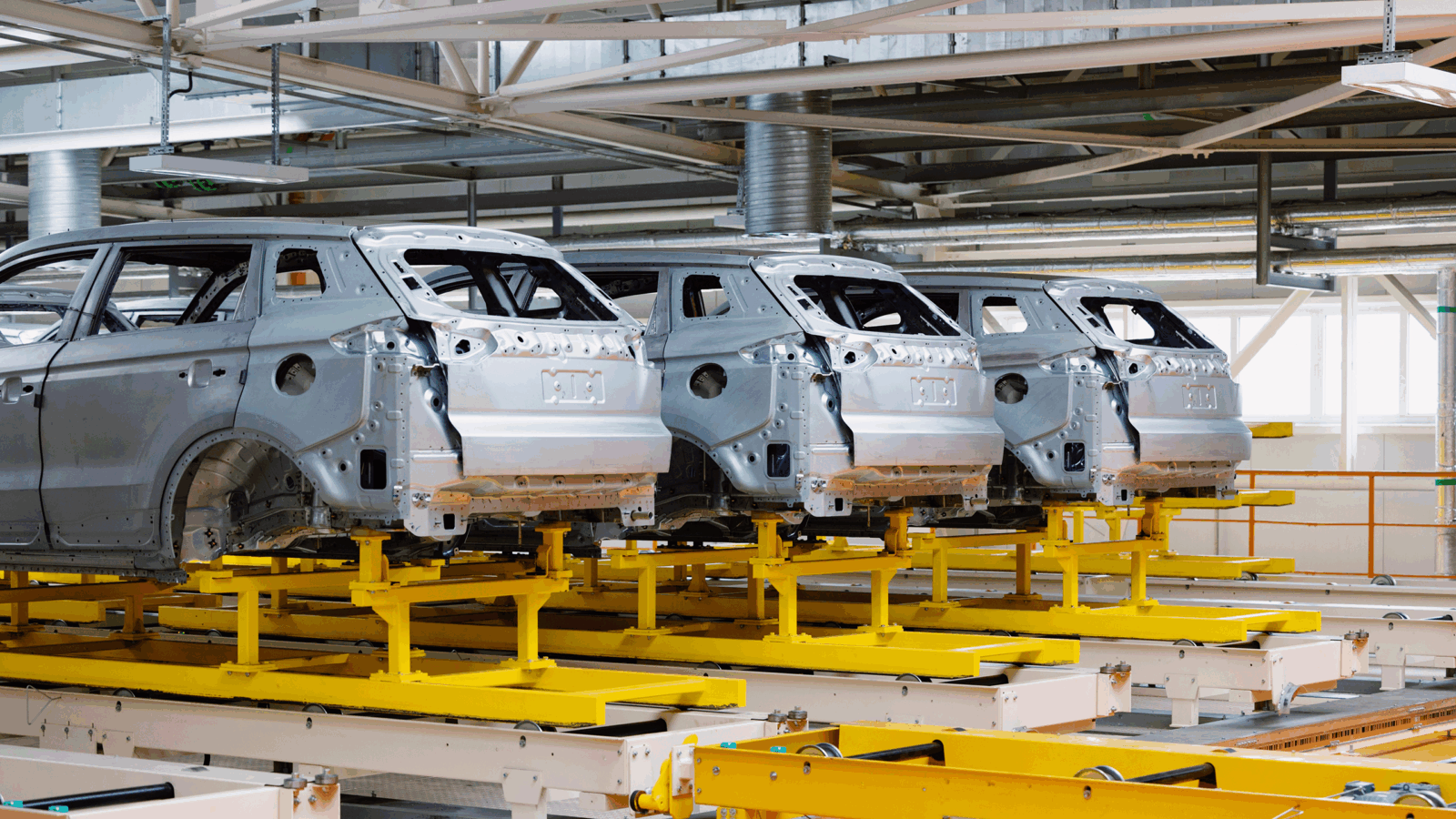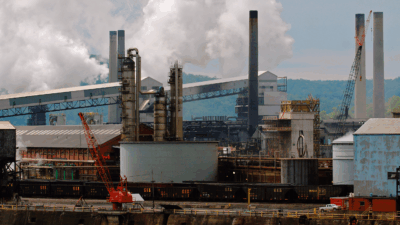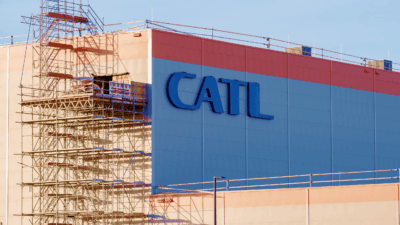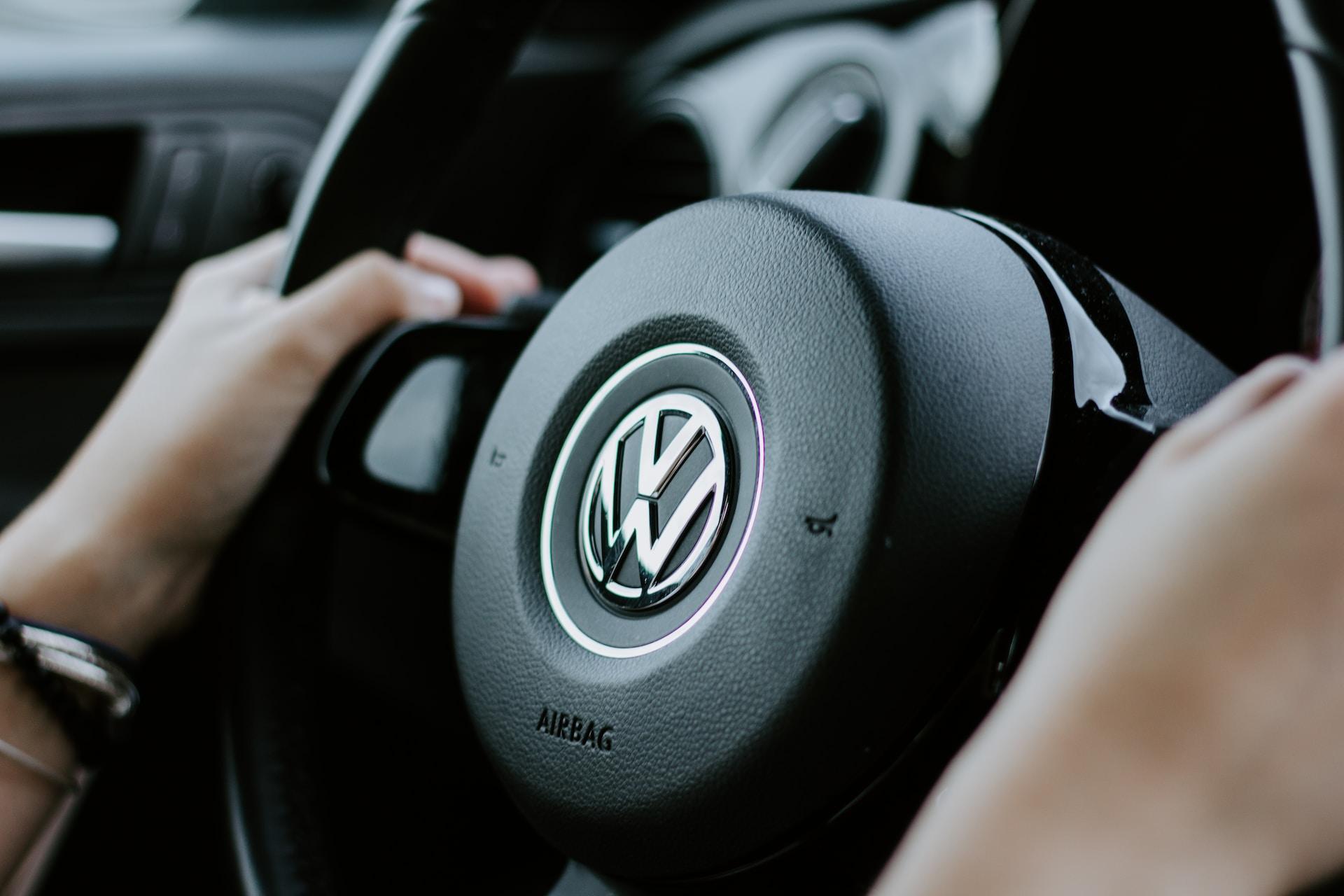
Sign up for smart news, insights, and analysis on the biggest financial stories of the day.
Sounds like the Great White North just cut a great big trade deal, eh?
On Thursday, Canada finalized a deal to provide what could total more than C$13 billion in government subsidies over the next decade to help fund a Volkswagen EV battery gigafactory in Ontario. It will be the German car company’s first outside of Europe, and also a major indication that other nations are willing to go toe-to-toe with Joe Biden’s Inflation Reduction Act.
Not the Only Game in Town
Last year, Congress passed the IRA to provide $370 billion for clean energy production and green manufacturing in the US. While that is a lot of money, if the demand is there, the government could dump even more funds into the initiative. This possibility has countries around the world – most of them US trade allies – pulling at their collars, trying to find ways to provide similar subsidies to tech and industrial companies or risk falling behind in the Green Revolution economy.
At one point, VW was reportedly eyeing Oklahoma as the site for their new factory, but decided to go with Canada, once it matched the subsidies the US would have provided for a taste of American-made Fahrvergnügen:
- The gigafactory will be roughly the size of 350 American football fields – sorry, make that about 1,000 hockey rinks – and will cost about C$7 billion to build. The plant will be located in the city of St. Thomas, a Loony’s throw from America’s own Motor City, Detroit. The VW plant will potentially create thousands of new Canadian jobs.
- Even though the government has set aside more than C$13 billion for the project, Bloomberg reported that the contract stipulates Canada’s production subsidies will stay in place only as long as the IRA is in force. If the US reduces its incentives for clean manufacturing, Canada’s will go down as well.
“You have to look at what others are doing, and particularly in our case, what the US is doing,” industry minister François-Philippe Champagne told Bloomberg. “What’s the cost of inaction?”
How much is too much? While Prime Minister Justin Trudeau and Champagne see this as a huge win for Canada, some officials fear the government is putting too much pressure on itself to keep up with the US. Conservative Leader Pierre Poilievre tweeted, “This money belongs to Canadians. Not to a foreign corporation. Not to Justin Trudeau.” And at a speech in Washington last month Finance Minister Chrystia Freeland praised the IRA’s goals but said such an enormous reliance on the tax base could leave the US and other countries in a “race to the bottom.”
